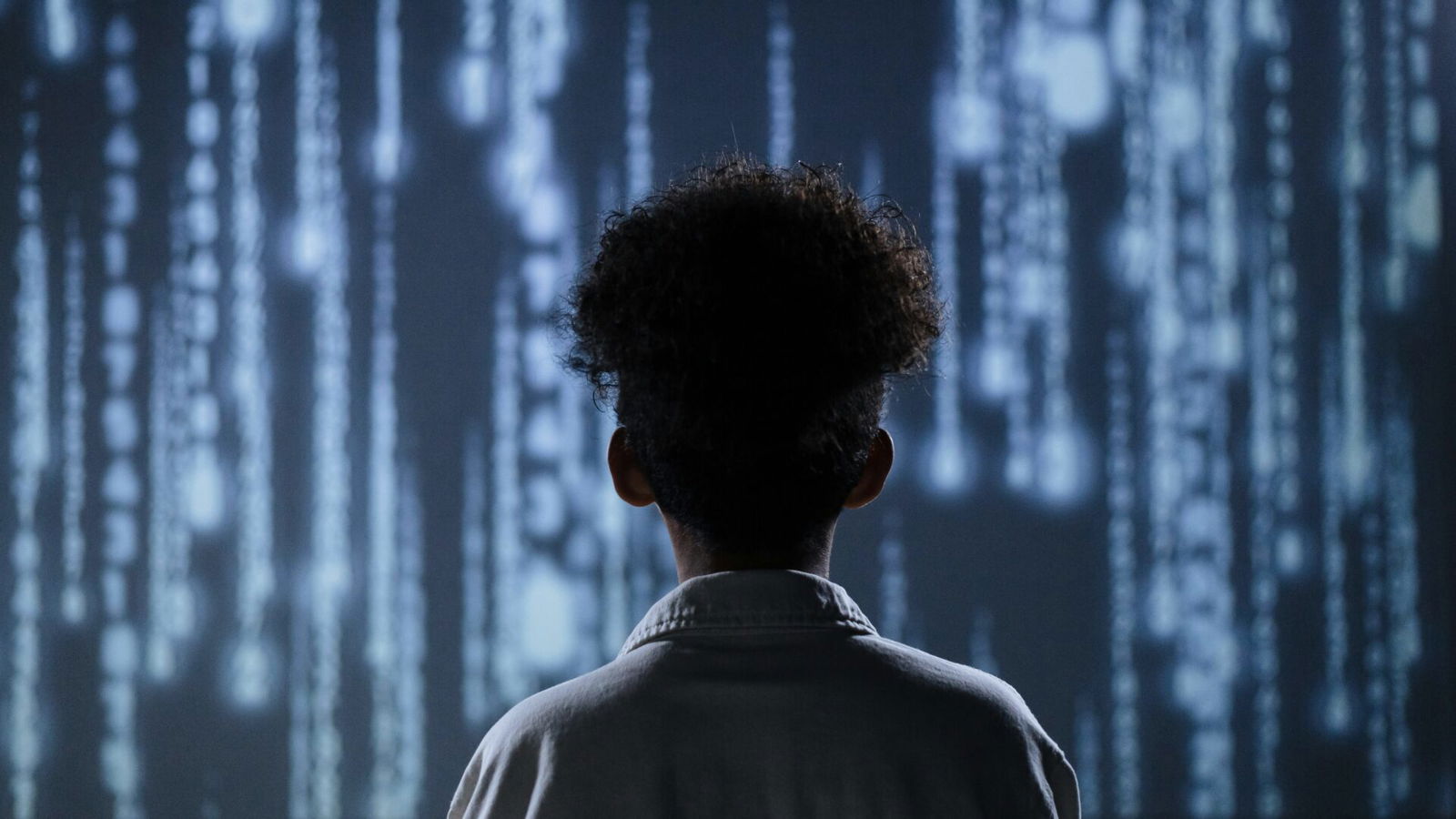
By Gavin Boyle
Psychologist Jonathan Haidt recently explained how technology replaces so many important parts of development during childhood with emptiness.
“The brain is actually 90% of its full size by the time you’re 6 years old, so it’s not about growth beyond that. It’s about actually pruning out neurons that don’t get used and emphasizing and ultimately myelinating or sort of insulating the circuits that do get used; so play has to occur over a long period of time,” Haidt told Jordan B. Peterson when explaining why replacing play with tech is so detrimental.
“Now what’s happening, you’re lonely. Sure, you’re connected to 200 people, but it’s very shallow. You’re not laughing with anyone, and they’re all replaceable,” Haidt added. “Did you ever read a book when you were a kid? Take 50 or 70% of those out. Did you ever have a hobby? Take almost all of those out. There’s no time for books; there’s no time for hobbies. The amount of stuff coming in that you have to respond to and know is beyond what anyone can do in a day. So once you give your kid a smartphone and Instagram or TikTok or Snapchat, that’s sort of the end of what we might have thought of as a normal childhood.”
Related: Is 13 Too Young for Social Media? The US Surgeon General Thinks So
“Now, it’s going to be this phone based childhood, and the phone based childhood blocks out almost everything else – not entirely, I mean kids will still laugh with someone else, but it’s going to cut down almost everything, including sleep,” The Anxious Generation author continued. “So, you know, I have some critics who say, ‘Oh, there’s no evidence that this is harmful, it’s just correlation.’ I mean, imagine a technology that comes in, it reduces your sleep, reduces you’re time with people, reduces your time in nature, it reduces your ability to read books. I mean, of course it’s having harmful effects.”
For this reason, last year, Haidt and other researchers — including the U.S. Surgeon General — concluded that technology is irrefutably harmful for a child’s development, particularly when they are given access to social media. During that time, Haidt explained how numerous studies have shown a sharp decline in mental health following the widespread introduction of social media and smartphones to the youth.
While many lawmakers have since responded to these expert conclusions, working to make social media less additive and ban smartphones in schools to give children a break from them, Haidt encourages parents to band together and protect their children that way.
“Nobody wants their kid to be the only one. Nobody wants their kid to be alone,” he said. “If [parents] coordinate with the parents of their kids’ friends, they can all escape the collective action problem. All it takes is three or four other families.”
As parents continue to navigate how much access to technology they allow their kids, it is helpful to have experts like Haidt provide clear boundaries and encourage parents to take action now, rather than wait for change at a governmental level.
Read Next: Social Psychologist Issues Dire Warning to Today’s Parents
Questions or comments? Please write to us here.


 - Content:
- Content: 
 – Content:
– Content: 
